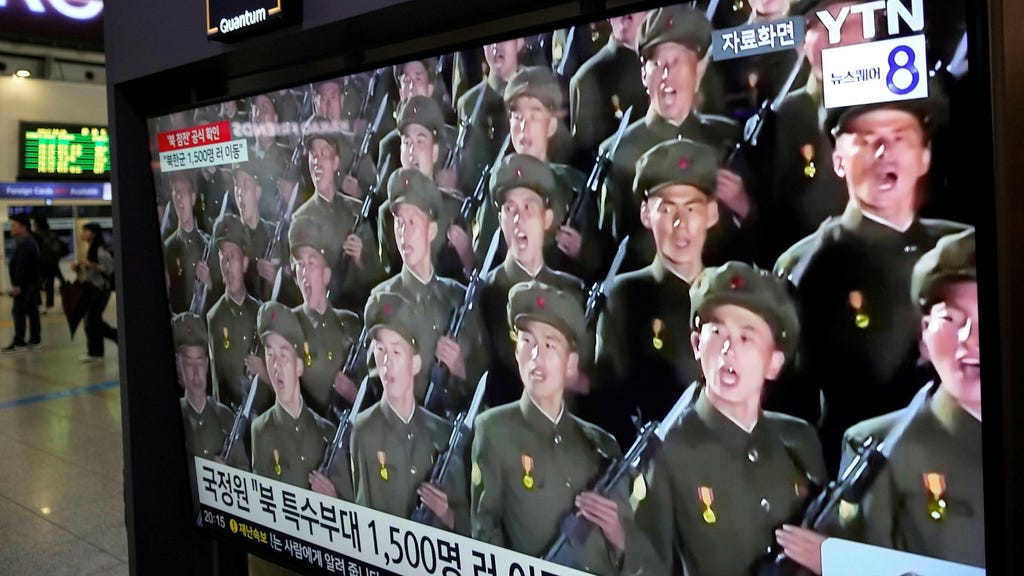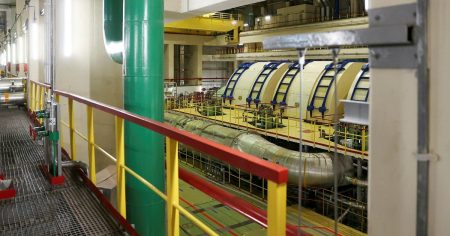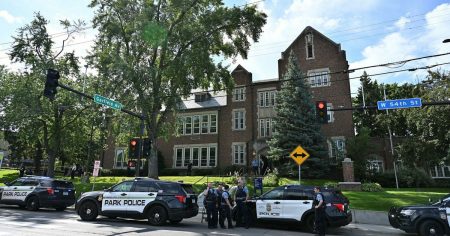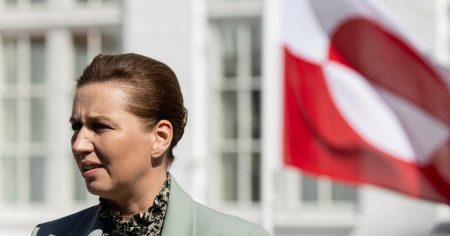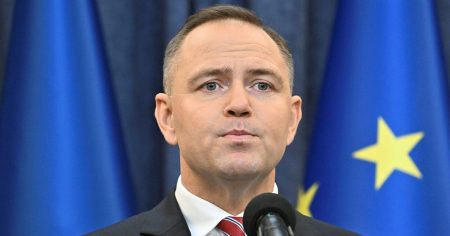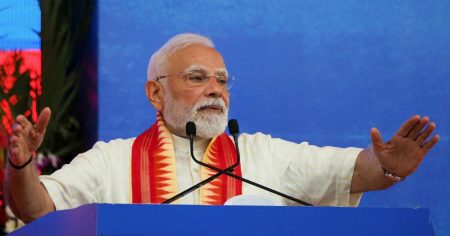Escalating Tensions: North Korea’s Deepening Military Support for Russia’s War in Ukraine
Recent intelligence reports from South Korea and analyses by international media outlets indicate a significant escalation in North Korea’s military support for Russia’s war in Ukraine. This support extends beyond initial reports and encompasses a substantial increase in troop deployments, the transfer of advanced weaponry, including "suicide drones," and a concerted effort by both nations to conceal the extent of their collaboration. This burgeoning partnership raises concerns about regional stability, the potential for North Korea to gain access to sensitive military technology, and the impact on the trajectory of the ongoing conflict.
South Korean intelligence suggests that North Korea is preparing to "rotate or expand" its troop presence in Ukraine, potentially adding to the estimated 10,000 North Korean soldiers already deployed, primarily in the fiercely contested Kursk region. These soldiers are reportedly suffering heavy casualties, with estimates reaching 100 dead and 1,000 wounded, although these figures remain difficult to verify independently due to concerted efforts by Russia to obfuscate North Korean involvement. Evidence of this concealment includes the alleged falsification of identification documents for North Korean soldiers and the swift removal of their bodies from the battlefield, contrasting sharply with the handling of Russian casualties. An intercepted phone call released by Ukrainian intelligence purportedly reveals that over 200 wounded North Korean soldiers are being treated in a dedicated section of a hospital near Moscow, further corroborating the ongoing deployment and the attempts to keep it under wraps.
Beyond troop deployments, North Korea’s support for Russia includes a significant increase in weapons production, particularly of unmanned aerial vehicles (UAVs), commonly known as "suicide drones." Satellite imagery analysis published by the Wall Street Journal reveals that as many as 200 weapons factories in North Korea are operating at full capacity, churning out munitions and equipment for transport to Russia via ships and trains. In return, Russia is providing North Korea with much-needed fuel and manufacturing equipment, solidifying the reciprocal nature of their partnership. Kim Jong-Un, North Korea’s leader, has taken a personal interest in drone production, viewing it as a key component of modern warfare and a valuable addition to the country’s arsenal. He recently conducted a public inspection of a drone manufacturing facility, underscoring the importance of this technology to North Korea’s military strategy and its commitment to supporting Russia.
The types of drones being supplied range across eight different models, and reports suggest that North Korea is also involved in refurbishing and modifying Russian drones before sending them back to the front lines. This exchange is particularly significant given the rapid depletion of Russia’s drone stocks due to heavy usage in the conflict. The collaboration on drone technology could also have long-term implications for North Korea’s military capabilities, potentially enhancing its own drone program and adding a new dimension to its arsenal.
The deepening military cooperation between North Korea and Russia has sparked considerable alarm among international observers. South Korea sees this alliance as a direct threat to regional stability and fears that Russia’s support could embolden North Korea to engage in provocative actions. The United States also expresses concern over the evolving partnership, particularly the possibility of North Korea gaining access to sensitive technologies, including potentially nuclear-related information, or receiving direct military support from Russia in the event of a conflict in the Korean Peninsula. These fears are heightened by reports suggesting that Russia is seeking to intensify pressure on Ukraine before the next U.S. presidential transition, aiming to secure a stronger negotiating position in potential peace talks.
The exchange of resources and military support between North Korea and Russia represents a complex and evolving dynamic with far-reaching implications. While Russia gains much-needed military reinforcements and materiel to sustain its offensive in Ukraine, North Korea benefits from access to vital supplies and potentially advanced technology. However, this burgeoning alliance raises serious concerns about regional stability, the proliferation of dangerous weapons, and the potential for further escalation of the conflict in Ukraine. The international community continues to monitor the situation closely, wary of the potential consequences of this increasingly close military partnership between two nations often at odds with the global order.
The intricate web of relationships and strategic considerations behind this partnership demands careful analysis and continued vigilance. This alliance underscores the shifting dynamics of global power and the potential for unpredictable consequences as nations seek to secure their interests in an increasingly volatile world. The international community faces a significant challenge in navigating these complex relationships and mitigating the risks they pose to global security. The flow of weapons, soldiers, and technology between North Korea and Russia highlights the urgent need for international cooperation and diplomatic efforts to address the root causes of conflict and prevent further escalation of the ongoing war in Ukraine.





